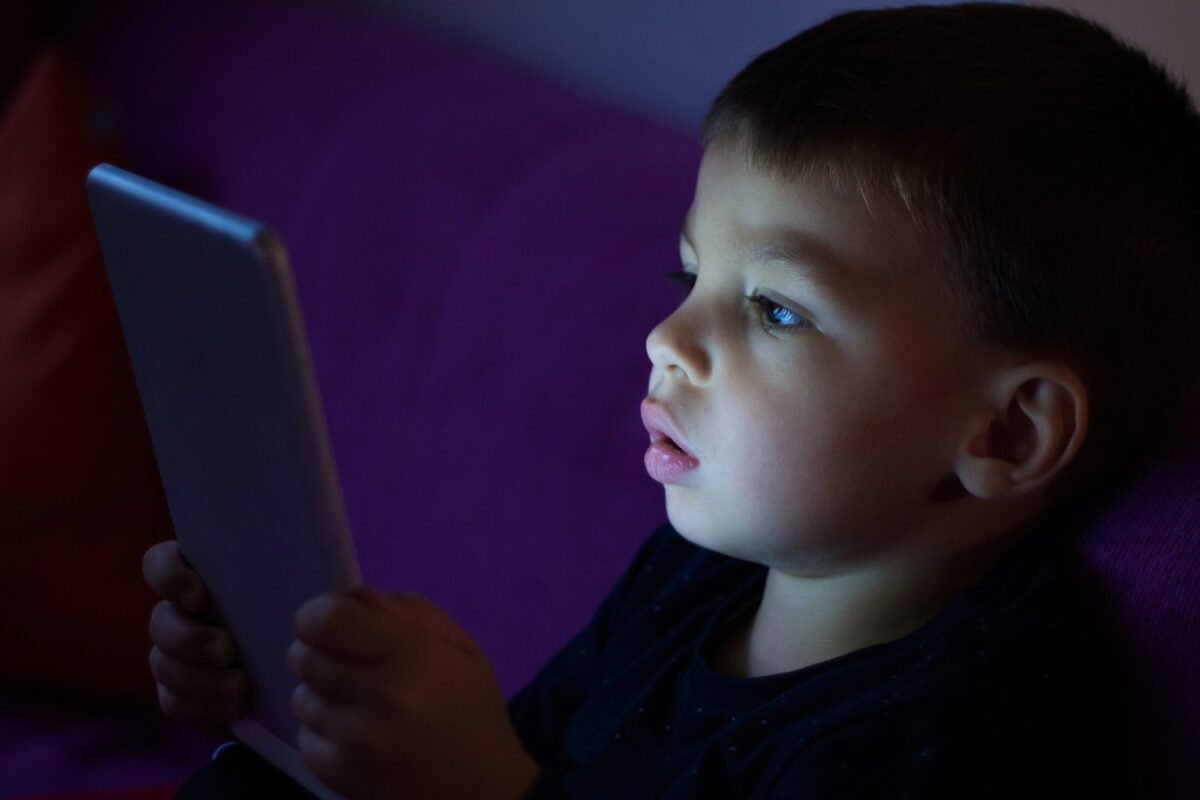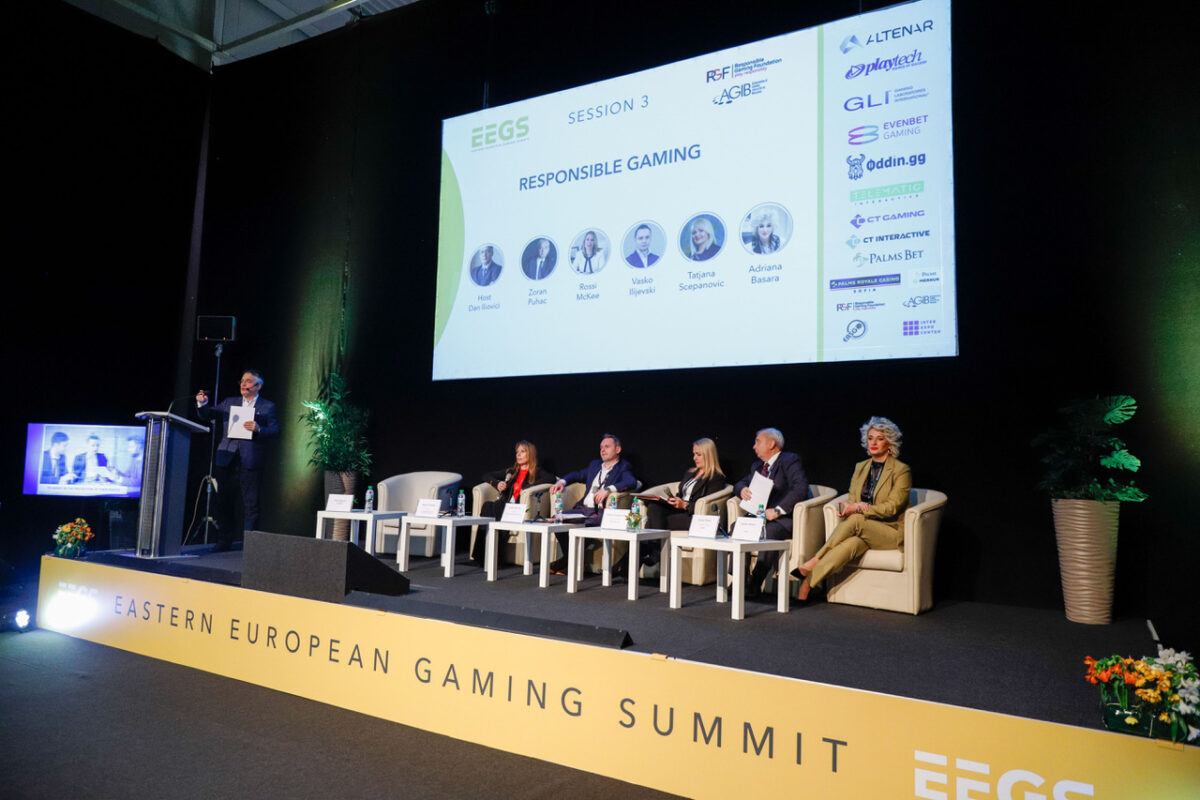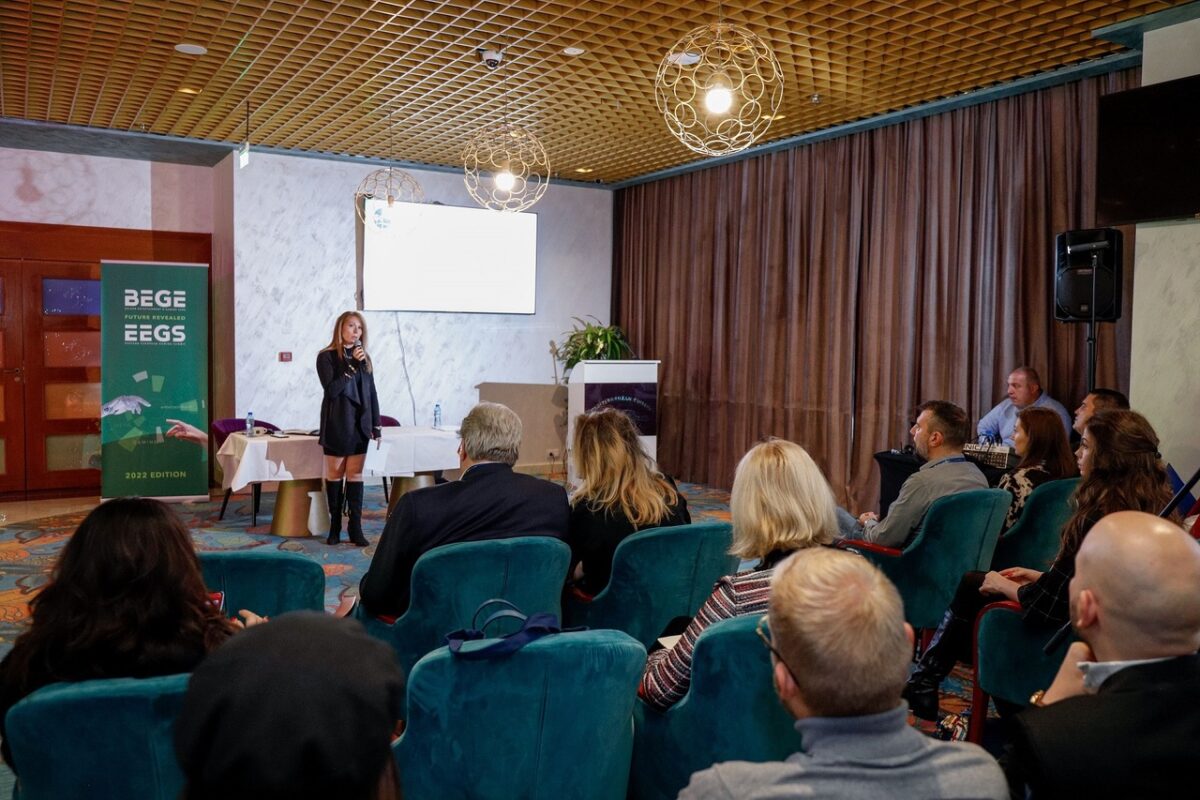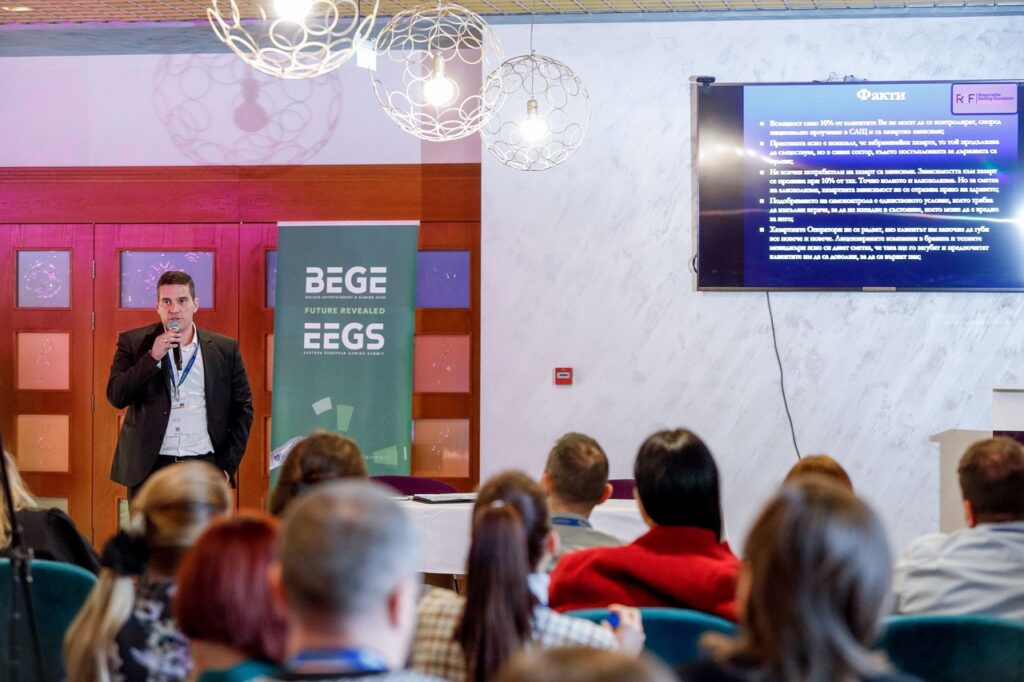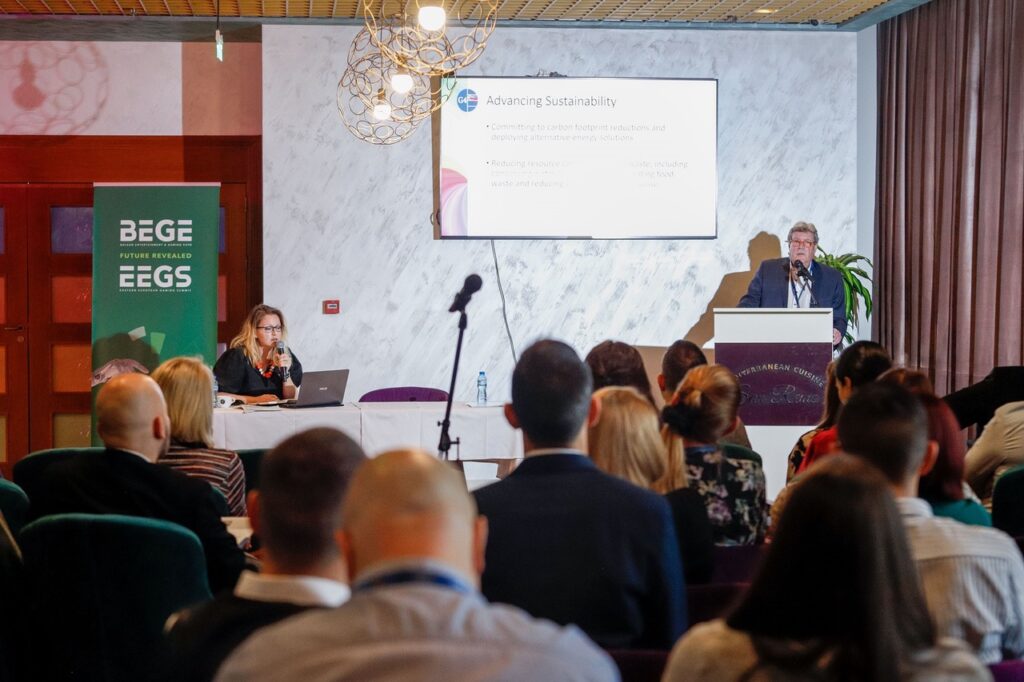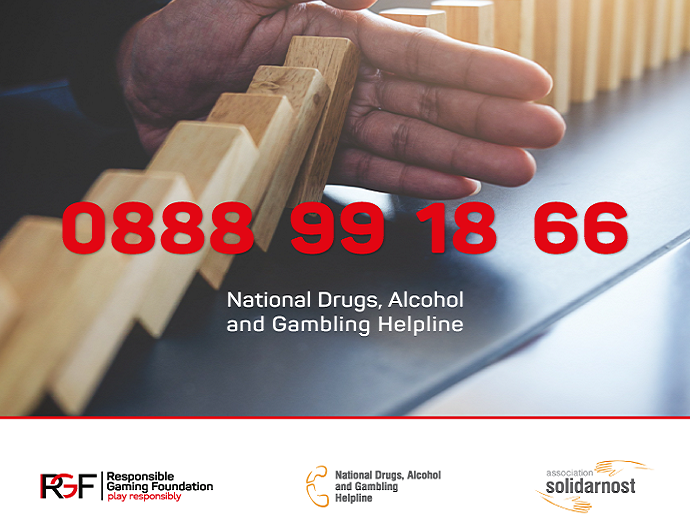In an era dominated by technology, children are becoming increasingly reliant on phones, tablets, televisions and computers. Research shows that schoolchildren, on average, have screen times of an astonishing seven and a half hours a day. This tremendous statistic is transforming today’s children into a collective of what is known as “iPad Kids.”
The allure of gadgets and their potential as parenting aids has led many to inadvertently raise a generation glued to screens. But what are the implications of such unrestricted access to screen time, and how can parents navigate this digital addiction to ensure a more balanced upbringing for their children? Psychological research reveals how easily a child can turn into a screen addict, as well as how the damage of extensive screen time can be reversed.
A study published in the journal Pediatrics sheds light on the prevalence of technology in households and early exposure of children to screens. Astonishingly, by age 4, half of the children in the sample were found to have their own television, and around three-fourths possessed their own mobile devices. Most concerningly, most children were found to have started using mobile devices for entertainment before the age of 1.
According to the authors, parents attributed their extensive allowance of screen time to:
• Keeping their children occupied while they do household chores
• Smoother bedtime routines
• Keeping children calm
This worrying trend seems to be fuelled by a societal shift in parenting norms. In a fast-paced world where parents juggle multiple responsibilities, the allure of screens as a convenient tool for managing children’s behavior, and occupying their time can be difficult to resist. The ease with which a tablet can pacify a restless child during a busy or tiring day might be leading parents to overlook the long-term impact of excessive screen time.
When screens become the default solution to boredom, tantrums or moments of unrest, children risk losing touch with the world around them. The instant gratification provided by a digital device, coupled with the captivating nature of screen content, can create a dependency that transcends mere entertainment.
According to a study from the Australasian Journal of Early Childhood, understanding the difference between active and passive screen time is crucial in evaluating technology’s impact on children.
Active screen time, involving physically engaging activities (i.e., active video games like Nintendo Wii, PlayStation Move, etc.) or cognitively engaging activities (i.e., completing homework, visual or spatial skill-developing games), has been shown to have positive effects on children. This use of screen time can improve fitness, academic performance, attention regulation, problem-solving and socialization.
On the other hand, passive screen time, involving sedentary screen-based activities or consumption of media (i.e., watching TV, YouTube, scrolling through social media, etc.), can be detrimental. Excessive use of this screen time is often linked to issues like childhood obesity and attentional problems, as well as issues with cognitive development and language skills.
There are, however, nuances to passive screen time. Not all screen-based activities are necessarily detrimental; some educational programs and interactive apps can be positive to a child’s learning experience. But, if your child exhibits signs of an unhealthy obsession with passive screen time, it may be time to reassess their screen habits. Warning signs may include:
• Persistent resistance to engage in non-screen activities
• Difficulty transitioning from screen time to other tasks
• Increasing preoccupation with digital content at the expense of real-world interactions
Screens can dictate a child’s emotional regulation and responses, hindering the development of essential coping mechanisms. The virtual world, filled with constant stimuli and immediate rewards, can overpower the slower-paced, but equally vital, real-world experiences essential for the development of patience, resilience and social skills.
How To Regulate Your Child’s Screen Time
With the challenges of parenting in the digital age, it’s essential to approach the regulation of your child’s screen time with empathy, understanding and patience. Research emphasizes the benefits of a “screen-free week” in kick-starting screen time interventions.
Parents in the study discovered that their children were happier when engaged in activities together than during screen time, and many were able to successfully set limits on screen time thereafter. Embarking on a screen-free week can be a transformative starting point for parents attempting to balance the use of technology in their children’s lives, with reverberating effects:
1. Screen-free week reflections. Begin by reflecting on the insights gained during the screen-free week. Pay attention to the impact of reduced screen time on your child’s behavior, mood and family dynamics. Based on your observations, set age-appropriate limits for screen time, taking into consideration the developmental needs of your child.
2. Establish clear boundaries. Wait until at least age two to introduce unsupervised screen time, prioritizing high-quality educational content; toddlers will benefit more from hands-on activities than they will from screens in terms of their developmental milestones. As your child grows, set age-appropriate daily screen time limits and use parental controls to ensure the content aligns with values and age suitability. This approach safeguards against inappropriate content and cultivates responsible screen habits from an early age.
3. Lead by example. Demonstrate healthy screen habits by modeling limited and purposeful screen use for your children. Actively engage in non-screen activities to emphasize the importance of balance.
4. Engage in joint activities. Encourage activities that involve face-to-face interaction, such as board games, outdoor play or family outings. Consider using technology with your child when it’s needed; this allows further modeling of healthy use of screen time while also having quality time together. Strengthening the bond between parent and child is key to minimizing excessive screen dependence.
5. Empower your child to limit their screen time. Encourage your child to take an active role in managing their screen time by using technology itself. Teach them how to set timers for daily screen sessions. This not only imparts valuable time-management skills but also helps them self-assess when it’s time to transition to a different activity. By involving them in the process, you promote a sense of responsibility and autonomy, promoting a healthy balance between technology and other enriching experiences.
6. Create screen-free zones. Designate specific areas in your home where screens are not allowed, enforcing a balance between tech and non-tech environments. This helps create a physical boundary that promotes diverse activities.
Conclusion
Raising an “iPad Kid” may seem like an unintended consequence of the digital age, but it’s never too late to reshape their relationship with technology. By understanding the impact of excessive screen time and implementing practical strategies to regulate it, you can nurture a more balanced childhood. Parents who prioritize family interactions, outdoor play and shared experiences make way for a future generation that is not just tech-savvy, but also emotionally resilient and socially adept.
Source: Forbes


